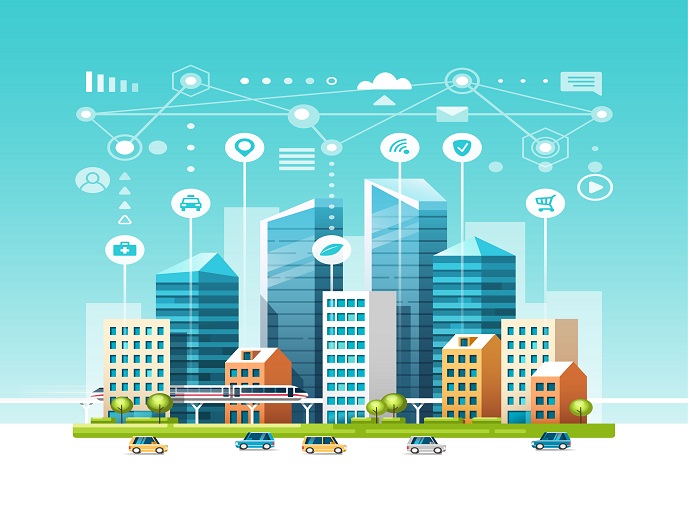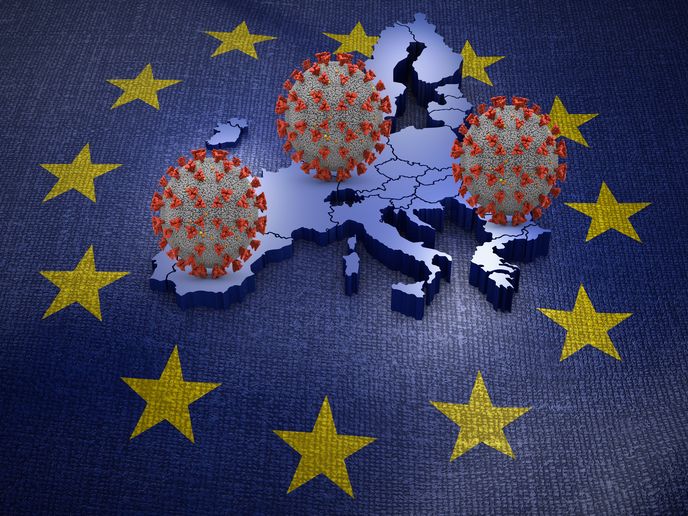Citizen-centred tools help address urban challenges worldwide
The EU-funded OrganiCity sought to design technologies and services to make cities more inclusive and explore how smart cities can grow organically by involving a wide range of stakeholders. These include citizens, communities, policymakers, researchers, developers, entrepreneurs and city services. “OrganiCity brings software, hardware and associated human processes together into a new living city that is replicable, scalable, as well as socially, environmentally and economically sustainable,” says project leader and coordinator Dr Martin Brynskov. Bridging the gap between key actors in urban digital transformation The underlying premise of OrganiCity was that the growth of the digital city must involve everyone in it. To explore how citizens, businesses and city authorities can work together to create digital solutions to urban challenges, the project combined top-down planning and operations with flexible bottom-up initiatives where citizen involvement was key. Project partners created a service framework for collaborative city-making based on the Experimentation-as-a-Service (EaaS) model. The framework is built on four service pillars: systematic experimentation; co-creation; federated ethics and privacy; and management of liability and intellectual property rights. It’s underpinned by five values: experimentation, iteration, co-creation, transparency and inclusivity. “We believe our cities should be built around these values too, so we encourage our experimenters and participants to embody these themselves,” explains Dr Brynskov. Building a strong foundation for future sustainable cities In addition to the framework, the developed EaaS platform provides a set of novel tools to facilitate collaborative innovation for the cities of the future. The platform is uniquely positioned to combine benefits of central governance and flexibility to incorporate the specific interests of city stakeholders. It can be launched in and adopted for use by any city. Currently, 14 cities have used the EaaS technical platform. Project partners conducted 43 experiments in European cities and Colombia. They tested and validated how the OrganiCity approach can help address urban challenges. The project finished in mid-2018, but it continues to shape the digital transformation of cities around the world. The OrganiCity brand is now with Open & Agile Smart Cities, a global network that connects over 100 cities to create a global smart city market based on the needs of cities and communities. Multi-helix actions such as the European IoT Large Scale Pilot for Smart Cities & Communities, SynchroniCity, Next Generation Internet of Things and the Urban Technology Alliance are building on OrganiCity experience and values. Promoted at key international events like the Connected Smart Cities Conference and IoT Week, elements of OrganiCity are being taken further by many communities, both locally and globally. “By offering OrganiCity tools, especially the OrganiCity Playbook, to stakeholders like citizens and businesses, cities will effectively empower them to be active in the development of solutions to tackle their local issues,” concludes Dr Brynskov. “This relationship between a city authority and active citizens enables us to build the future of the city together, with citizens at its core.”
Keywords
OrganiCity, cities, citizens, EaaS, smart cities, city authorities, businesses, digital transformation







